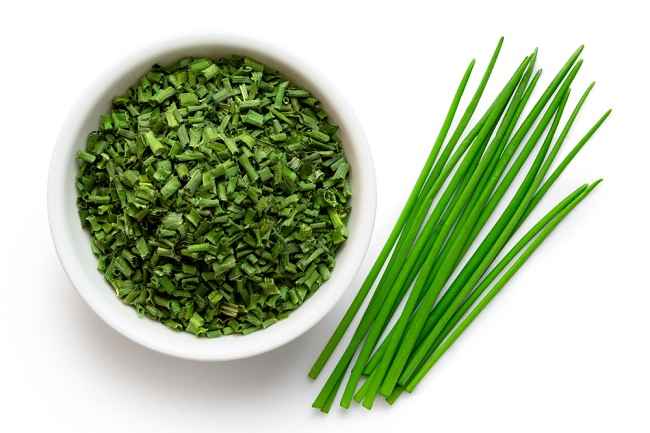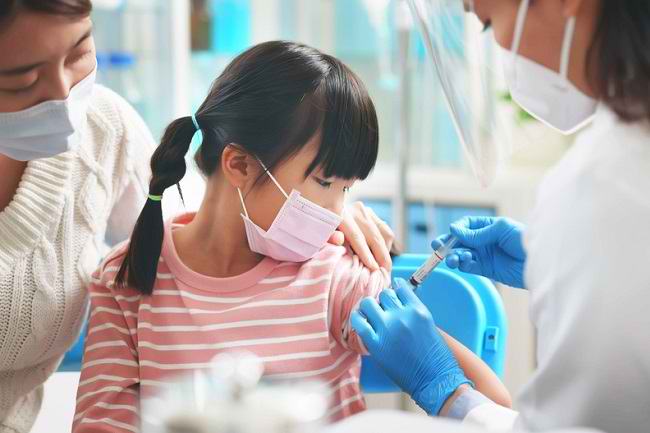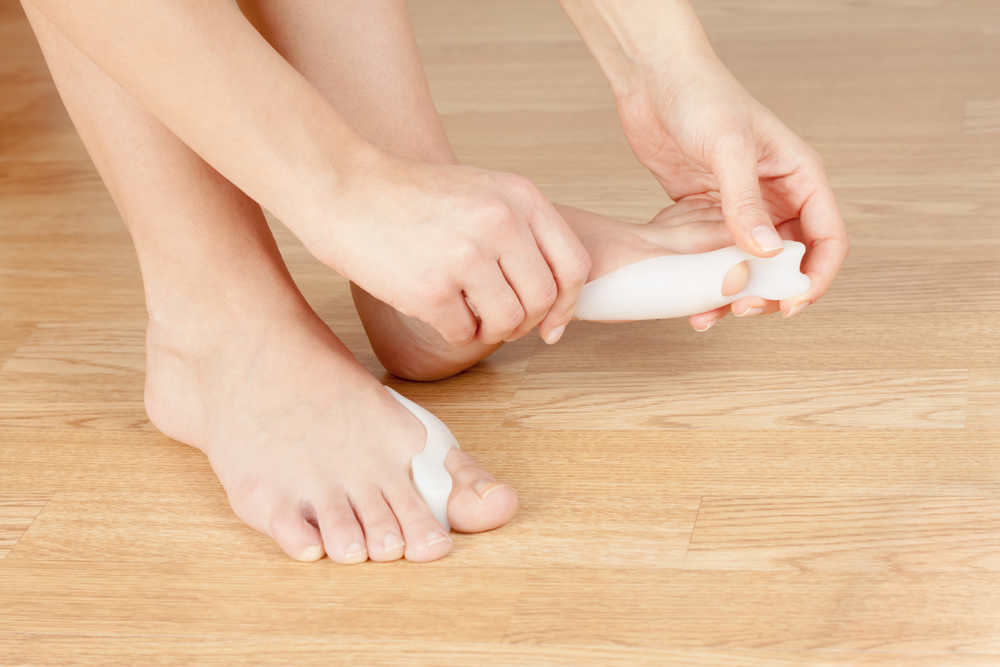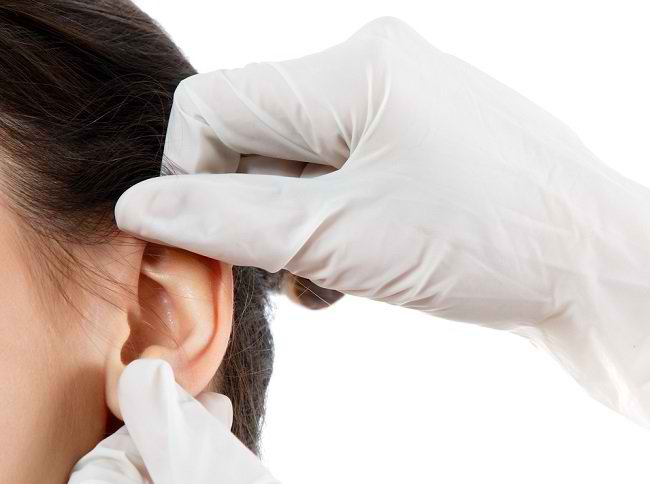The health of teeth and gums is closely related to the health of the body in general. Untreated teeth and gums can increase the risk of disease, such as lung infections and coronary heart disease. Many people are not aware of this risk and ignore oral health, even though dental and gum care can be done at home easily.
Just like other areas of the body, the mouth is also filled with bacteria. Healthy habits like brushing your teeth regularly can keep bacteria under control. However, just brushing your teeth is not enough. Regular maintenance is needed to keep teeth and gums healthy.

Various Diseases ATips for not maintaining healthy teeth and gums
Dental and gum health is often taken for granted. In fact, besides being able to interfere with appearance, teeth and gums that are problematic and not handled properly can be fatal to the health of the body as a whole. Infections that occur in the teeth or gums can spread to other body tissues, such as the jaw and neck. Diseases caused are not only related to oral health, but also the health of other organs.
Various diseases due to not maintaining healthy teeth and gums, including:
- Pussy gumsSwollen and pus-filled gums should be treated immediately as they can lead to much more serious gum disease, such as periodontitis and tooth loss. Periodontitis is an infection of the gums that damages the soft tissue and bone that support the teeth.
- Gum recessionGum recession is a condition in which the gum tissue loosens and pulls, so that more of the tooth is visible even to the point of revealing the root of the tooth. This condition makes it easier for bacteria to enter and grow to damage teeth and gums. If left untreated, the supporting tissues and bone structure of the teeth can be severely damaged, and eventually lead to tooth loss.
- Lung infectionBacteria in the mouth can travel to the lungs and cause infections, such as pneumonia. This condition is more common in people who have gum problems. In addition to pneumonia, research has also shown that untreated teeth and gums are associated with an increased risk of developing chronic obstructive pulmonary disease (COPD).
- Disease coronary heartIndirectly, heart health will affect dental health. This is evident from most periodontal diseases, namely gum disease and swelling around the teeth, which are caused by inflammation. This inflammation is associated with damage to blood vessels, which can lead to heart disease. Studies also show that people who rarely or never keep their teeth and gums clean are 70 percent more likely to develop coronary heart disease than those who brush their teeth twice a day.
- p birthrmatureStudies show that dental and gum disease can lead to premature birth and increase the risk of low birth weight babies. This condition is likely caused by inflammatory bacteria that are able to reach the uterus, and then affect pregnancy.
Various Gum Treatments That Can Be Done at Home
Brushing your teeth twice a day, after breakfast and at bedtime, has been recommended since childhood. However, this alone is not enough. To keep the teeth and gums clean thoroughly, other steps are needed, both for treatment and prevention.
- Use dental flossFood residue stuck in the teeth can cause swelling of the gums and tooth decay. This food residue is often not reachable by a toothbrush, so dental floss is needed (dental floss) to lift it. Various studies have shown that using dental floss is effective at preventing gum problems, such as swollen and bleeding gums.
- Do not smokeSmoking can damage the cells in the gums, interfere with blood flow to the gums, and affect the bone and soft tissue around the teeth. This makes smokers more susceptible to dental and gum disease. In addition, smoking also makes the breath so bad, increases the formation of plaque, leukoplakia, to the risk of oral cancer.
- Keep the dietHigh-sugar foods and fizzy drinks can increase the risk of cavities and tooth abscesses. Limit consumption for the sake of healthy teeth and gums.
- Gargle with mouthwash (mouthwash)Similar to using dental floss, gargling with mouthwash is also beneficial in removing food debris that cannot be reached by a toothbrush. Mouthwash generally contains ingredients and essential oils that can suppress bacterial growth, prevent plaque formation, and freshen breath. In choosing a mouthwash, choose a mouthwash that contains the following ingredients:
- Thymol: Effectively treats inflammation of the gums (gingivitis) and prevents the formation of dental plaque.
- Menthol: Provides a cooling and refreshing effect, and can overcome minor irritations in the mouth.
- Methyl salicylate: It has been clinically proven to be useful in preventing gingivitis and plaque.
- Eucalyptol: Derived from essential oils Eucalyptus, and has antibacterial properties, especially against bacteria aureus and E. coli.
Gargle with mouthwash containing the four ingredients above can help you maintain healthy teeth and gums. Gargling can be done before or after brushing your teeth, be sure to read the instructions on the packaging to find out the instructions for use. To get the maximum benefit from mouthwash, it is recommended to rinse your mouth for 30-60 seconds regularly. Mouthwash is one of the dental and gum treatments that will bring changes for the better for your overall health.
It must be understood that gargling cannot replace the function of brushing teeth and cleaning tartar. To remove tartar, it is recommended that you do scaling. In addition to taking care of your teeth and gums at home, it is advisable to check your teeth to the dentist regularly, every six months.









